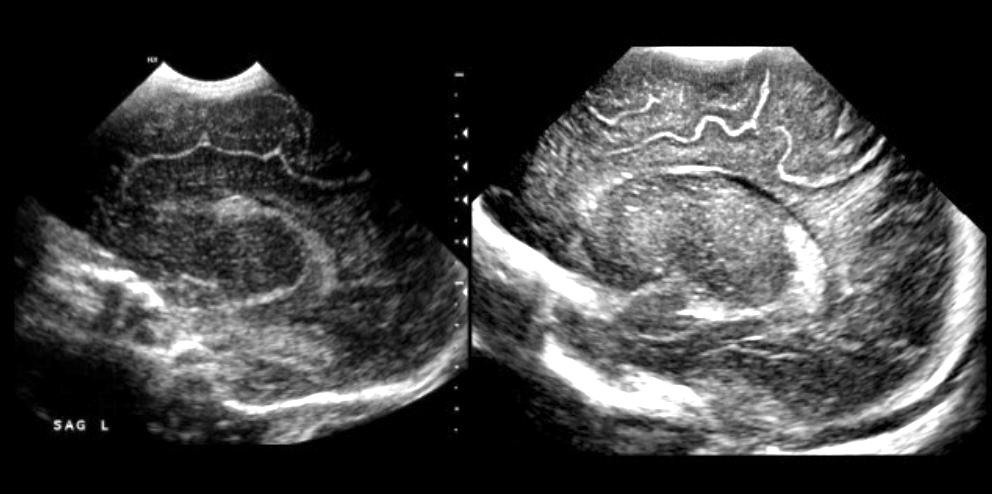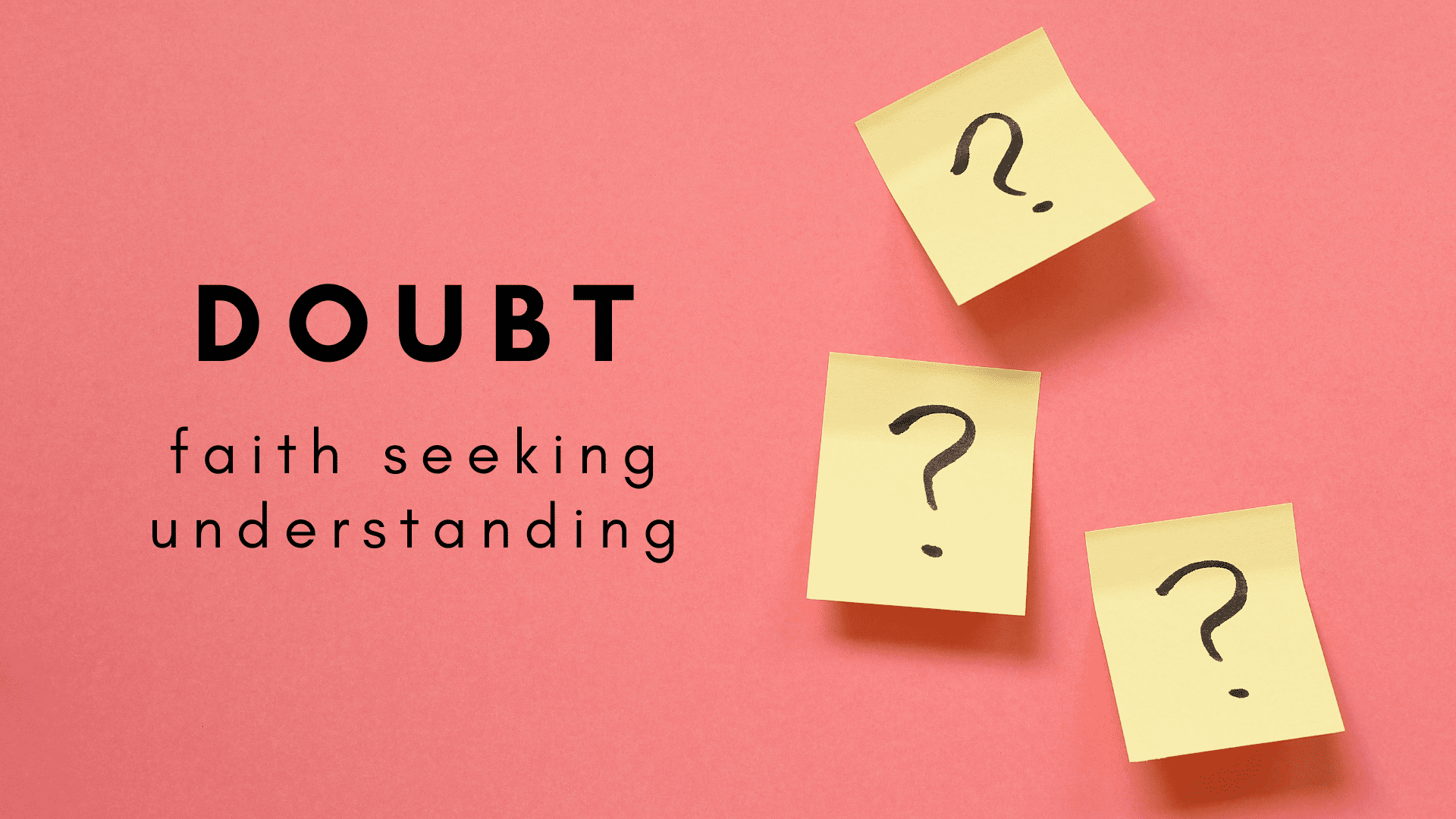Nouwen: Reimaging and Reimagining
“When we believe that we are created in the image of God himself and come to realize that Christ came to let us reimagine this, then meditation and prayer can lead us to our true identity.” —Henri Nouwen in You Are the Beloved (Convergent Books, 2017).
Much of my professional life has been imaging children with X-rays, ultrasound, nuclear imaging, CT, and MRI. I am intrigued by Nouwen’s insight that the Incarnation is a reimaging or a reimagining of God. Reimaging in radiology usually means taking a second look. We make another image if we are not entirely sure of what we saw the first time. When we see something we cannot quite understand, we produce another image to see if it is still there. We want to verify that what we saw the first time was real, so we take another picture, sometimes at a different angle.
Reimagining, on the other hand, means forming a new concept. Jesus came to reimage God, to show us a God of love with skin on. He also came to help us reimagine God and realize a new relationship with a loving God. The Incarnation is pivotal in introducing new concepts of love into our relationships with each other and with God.
Today, reimage and reimagine the people we encounter through Jesus’ eyes of love. Take another look and form a new relationship through the eyes of love.
Joanna. https://www.joannaseibert.com/








